“As usual, the governing party factions met and debated the most important issues. Unsurprisingly, these are all connected to the sanctions,” said Máté Kocsis at the Balatonalmádi Fidesz-KDNP meeting. The leader of the Fidesz parliamentary group added that these current conditions are not what Brussels had promised back when they imposed the sanctions.
Máté Kocsis emphasized that Russia has become far richer while Europe has become poorer. He noted that Russia earned 158 billion euros in revenue – out of that, EU citizens paid 85 billion.
“The Brussels sanctions are causing damage to both the economy and households. The increased energy prices could lead to economic decline. Throughout the autumn session, they must work to do away with the sanctions,” said the group leader. He highlighted that,
Both parties requested the government launch a national consultation on the topic of the energy sanctions.
“It is not right that only Brussels’ elites decide on these sanctions. And asking the people is also important because the longer this debate drags on, the more damage it causes,” stated Máté Kocsis.
After this, István Simicskó noted that the war and the bad sanctions imposed by Brussels are the fundamental problems here.
“In any case of deciding on an important issue concerning the nation, we must ask the people,” reminded the KDNP (Christian Democratic People's
Party) group leader. István Simicskó also reported that Tibor Navracsics will continue his work in the KDNP group as there are no more technical obstacles to the changing the parliamentary group of the Minister of Regional Development. He added that Navracsics already indicated that he wanted to join the KDNP group before the inaugural session of the National Assembly.
For us it is also important that the big strategic goals like family support, continue; these will be expanded upon at the middle of the cycle in 2024
– said the KDNP politician.
Máté Kocsis told Magyar Nemzet that he is expecting high levels of interest and participation in the national consultation; meanwhile, István Simicskó believes that this consultation can serve as an example for other European countries as well.
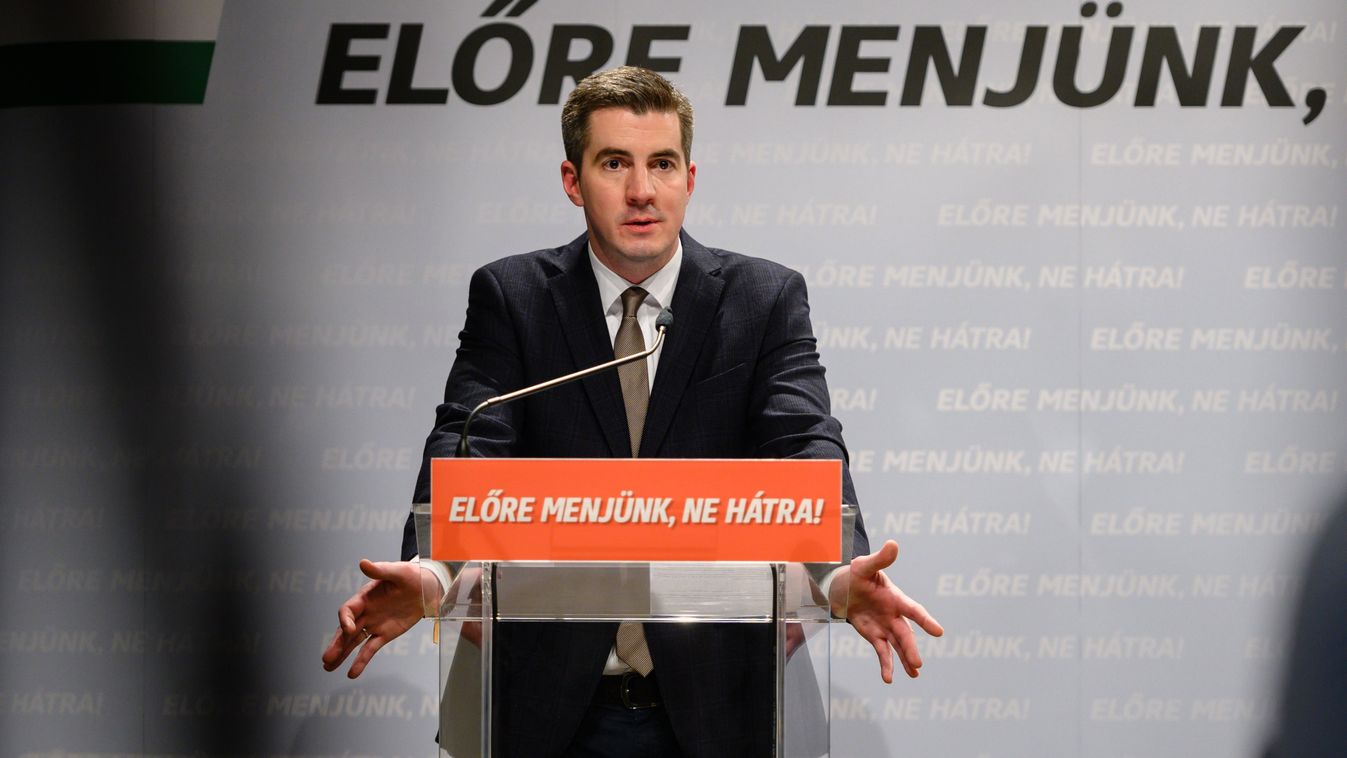
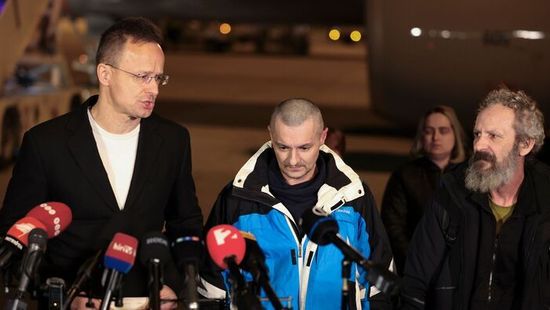
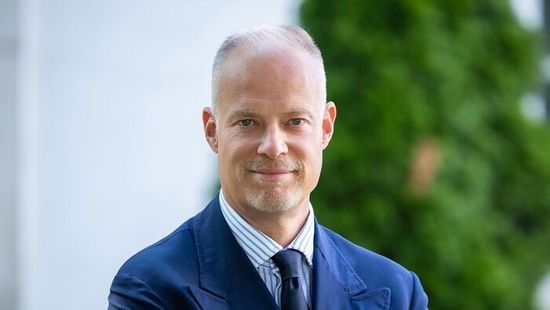
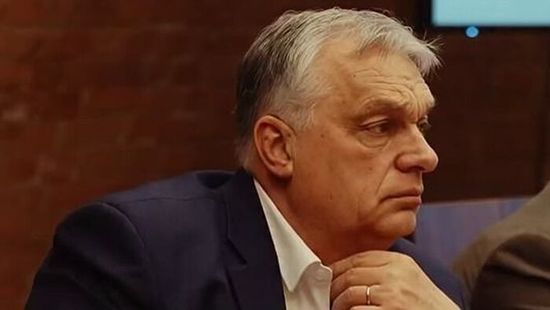
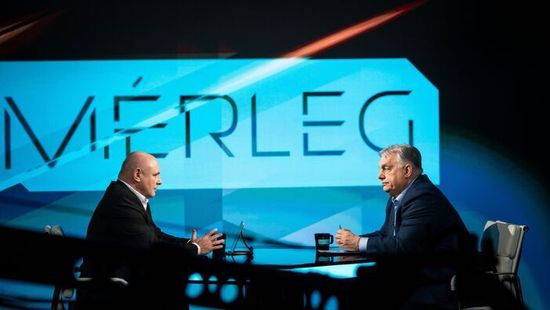

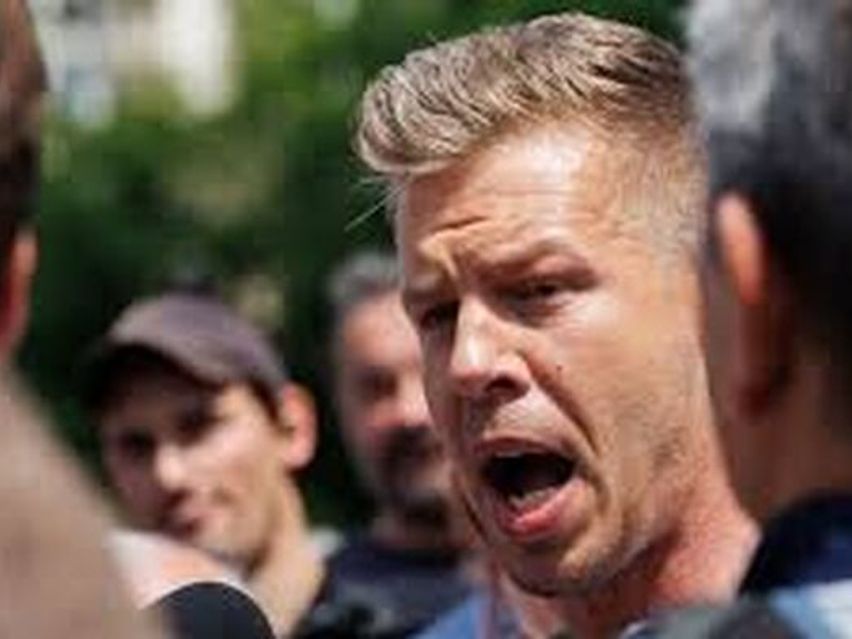


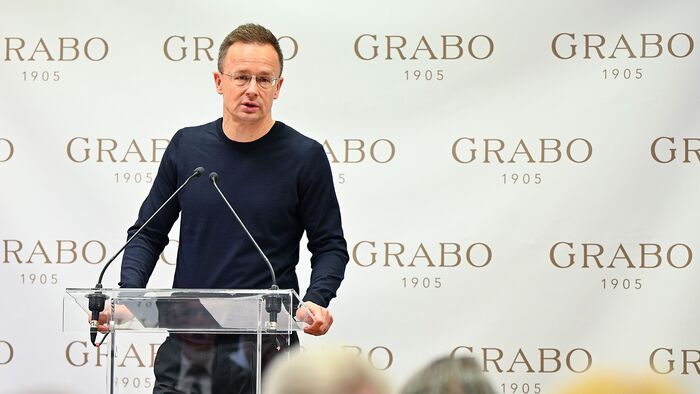


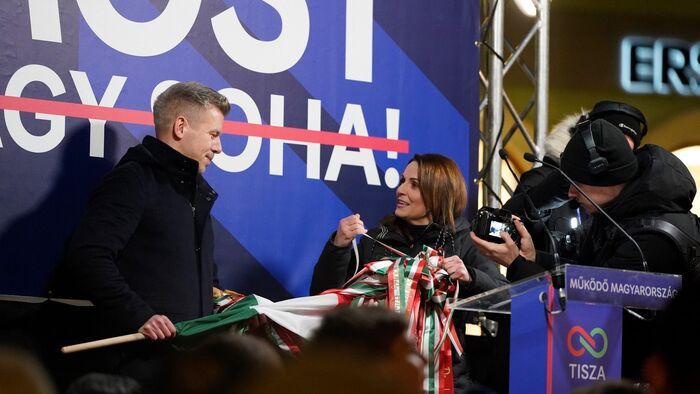
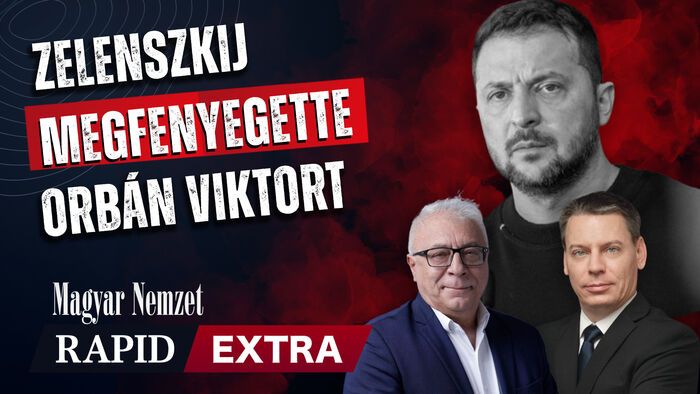
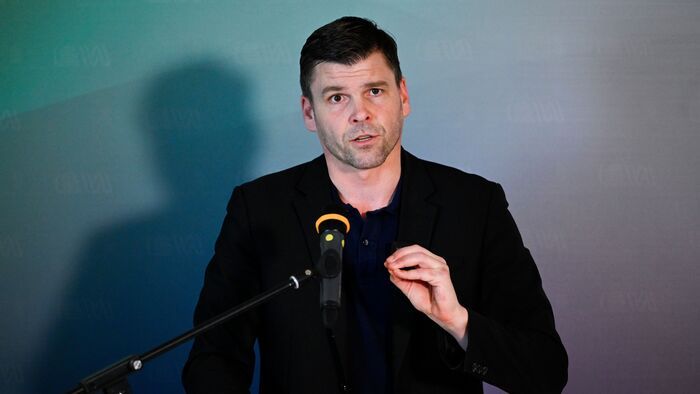
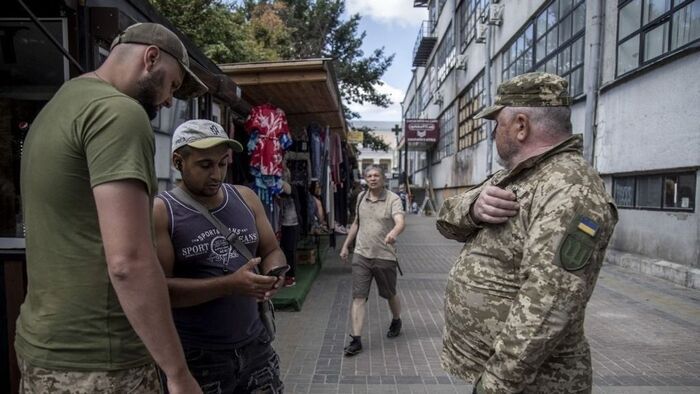
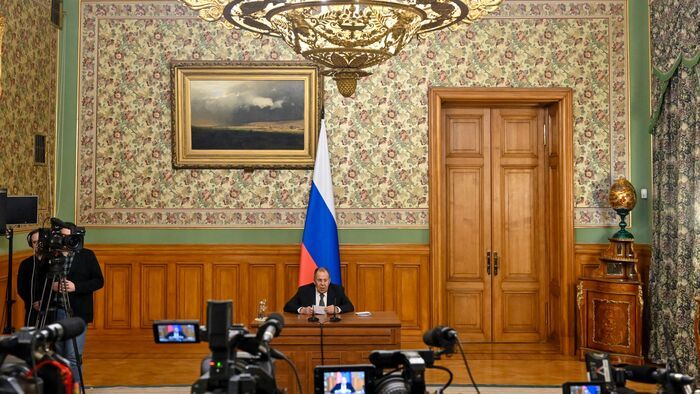
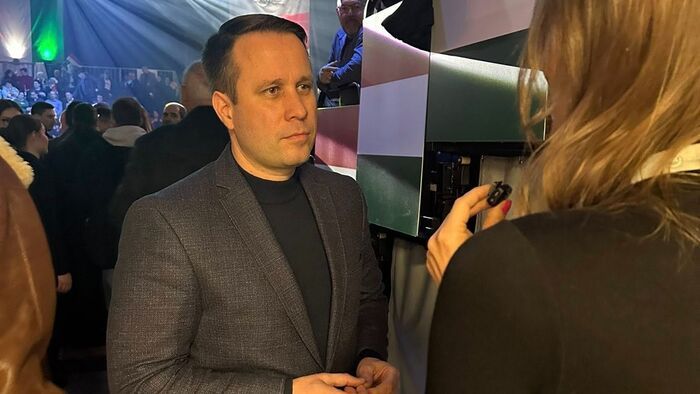

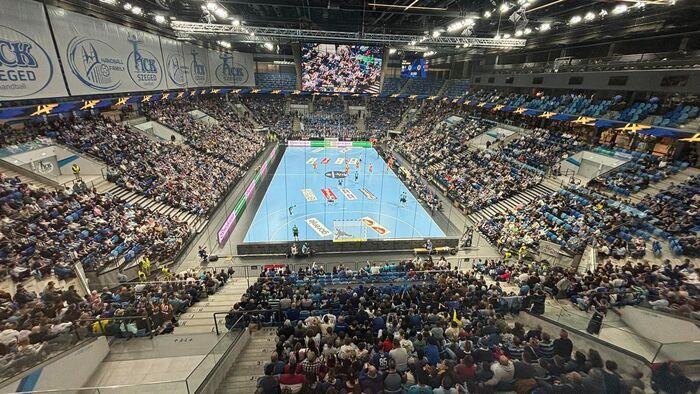

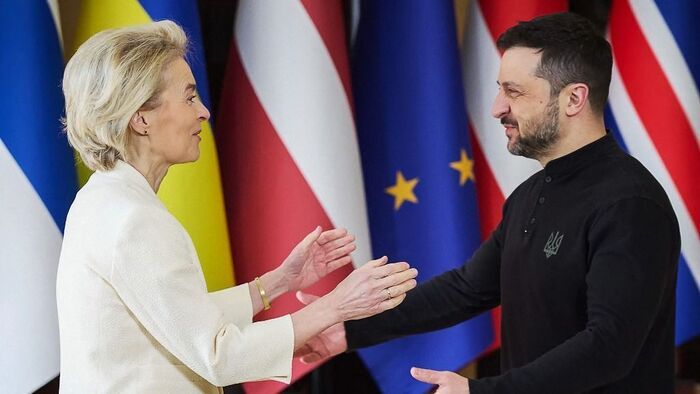

Szóljon hozzá!
Jelenleg csak a hozzászólások egy kis részét látja. Hozzászóláshoz és a további kommentek megtekintéséhez lépjen be, vagy regisztráljon!